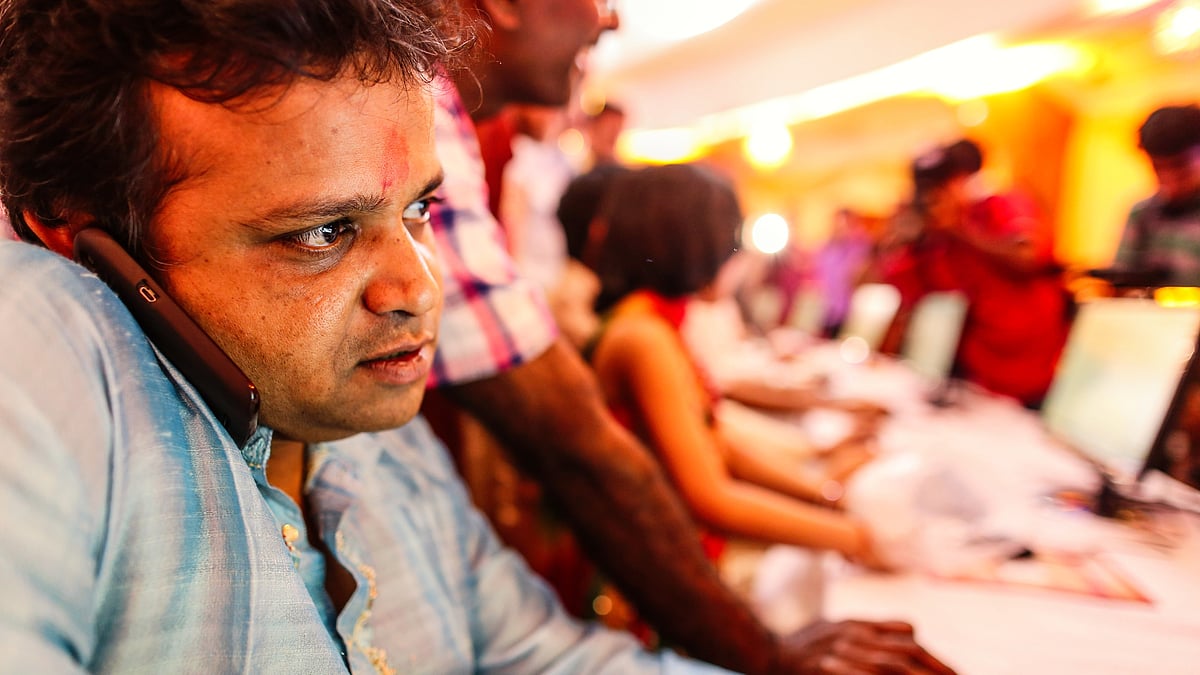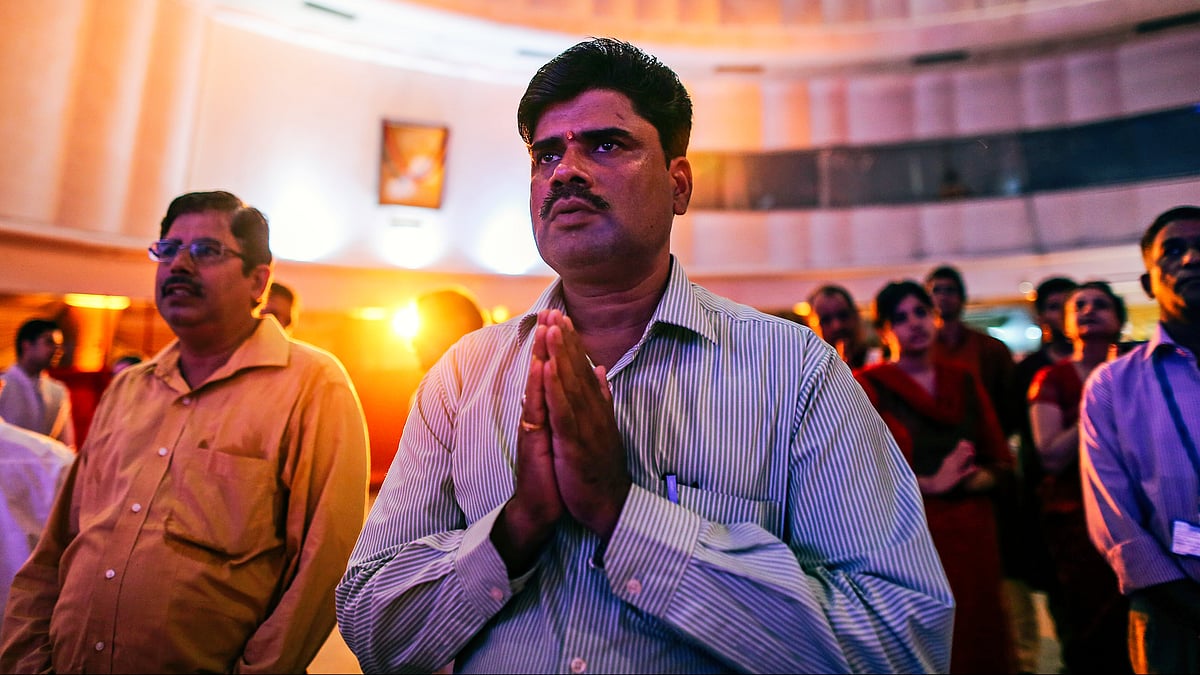A 'wealth' of Diwali traditions: Muhurat trading and Vikram Samvat
This year’s Diwali marks the beginning of Samvat 2080, a new year, according to the Hindu calendar of Vikram Samvat

Every year, as the festival of Diwali approaches, the Bombay Stock Exchange (BSE) and National Stock Exchange (NSE) come alive with a unique and age-old tradition known as 'muhurat trading'. This annual ritual, performed during the auspicious Laxmi Puja ceremony on Diwali, has deep-rooted significance in Indian culture and the world of finance.
The tradition of muhurat trading has its origins in the BSE in 1957 and was later adopted by the NSE in 1992. Within the Indian trading community, muhurat trading on Diwali is considered highly auspicious, and it is believed that participating in this special trading session can bring wealth and good luck throughout the year.
This year's Diwali marks the beginning of Samvat 2080, a new year, according to the Hindu calendar of Vikram Samvat. The celebration of Diwali, with the worship of the goddess Laxmi, the deity of wealth and prosperity, holds great importance. According to Hindu tradition, the planets align in favourable positions during this time, making it especially auspicious for financial endeavours.
The Hindu calendar shows that the solar Gregorian calendar lags behind the Vikram Samvat calendar by 56.7 years, which means that 2022 corresponds to Samvat 2079. It signifies the transition from one fiscal year to another in the realm of finance.

Investors and traders consider the Samvat customary trading hour a stroke of luck, marking the beginning of the Hindu accounting year. The history of this calendar system dates back to Vikram, with inscriptions dating as far back as 842 CE, and is even connected to King Vikramaditya from writings in 971 CE.
The Indian stock market opens for one hour of stock trading annually on Diwali. This ritual is known as muhurat trading and consists of multiple phases, including the block deal session, the pre-open market session, the normal market session, the call auction session, and the closing session. Among these, the one-hour normal market session is the most bustling and significant.
On 12 November, as Vikram Samvat 2080 begins, the BSE and NSE have announced a muhurat trading window from 6.15-7.15 pm. The pre-open session will run from 6.00-6.15 pm, allowing trading in various asset classes, including equities, derivatives, futures and options, and securities.
Muhurat trading, with almost five decades of history, has been marked by heightened demand during the special trading hour. Traders, led by the belief that it brings blessings from goddess Laxmi, often witness a trend on the buy side, resulting in many trading sessions ending in the green. However, the trend on the subsequent trading day is more unpredictable, with the index often closing in the red.
Over the years, muhurat trading has seen its share of market trends. In 2017, the Sensex opened high but closed lower. In 2018, the BSE Sensex surged, and the NSE saw a more modest increase. In 2019, the Sensex climbed, but the Nifty 50 saw a dip. The following year, 2020, brought positive gains for both the Sensex and Nifty 50, while in 2021, they both advanced.
In 2022, the BSE Sensex and NSE Nifty continued their upward trajectory, underlining the unpredictable nature of muhurat trading trends.

Muhurat trading offers a compelling opportunity for investors to kickstart or enhance their stock portfolios. With the festive atmosphere and increased trading volumes, traders can capitalise on market volatility. However, it's important to note that open positions are typically squared off by brokers at the session's close, similar to intraday trading norms.
As Samvat 2080 begins, Axis Securities and ICICI Securities have disclosed their stock picks, emphasising growth and balance in their strategies. Analysts anticipate a continued growth trajectory in the railway sector, driven by increased spending on rolling stock and government efforts to expand the railway network.
Samvat 2079 ends with robust returns from broader markets, and experts like strategist and investor Safir Anand predict that midcaps will remain in line with markets until Diwali 2024, indicating positive prospects for both large-caps and mid-caps in the upcoming Vikram Samvat 2080.
With its rich history and cultural significance, muhurat trading continues to be a beacon of hope for traders and investors alike, fostering the belief in wealth and prosperity during the auspicious occasion of Diwali.
Follow us on: Facebook, Twitter, Google News, Instagram
Join our official telegram channel (@nationalherald) and stay updated with the latest headlines
